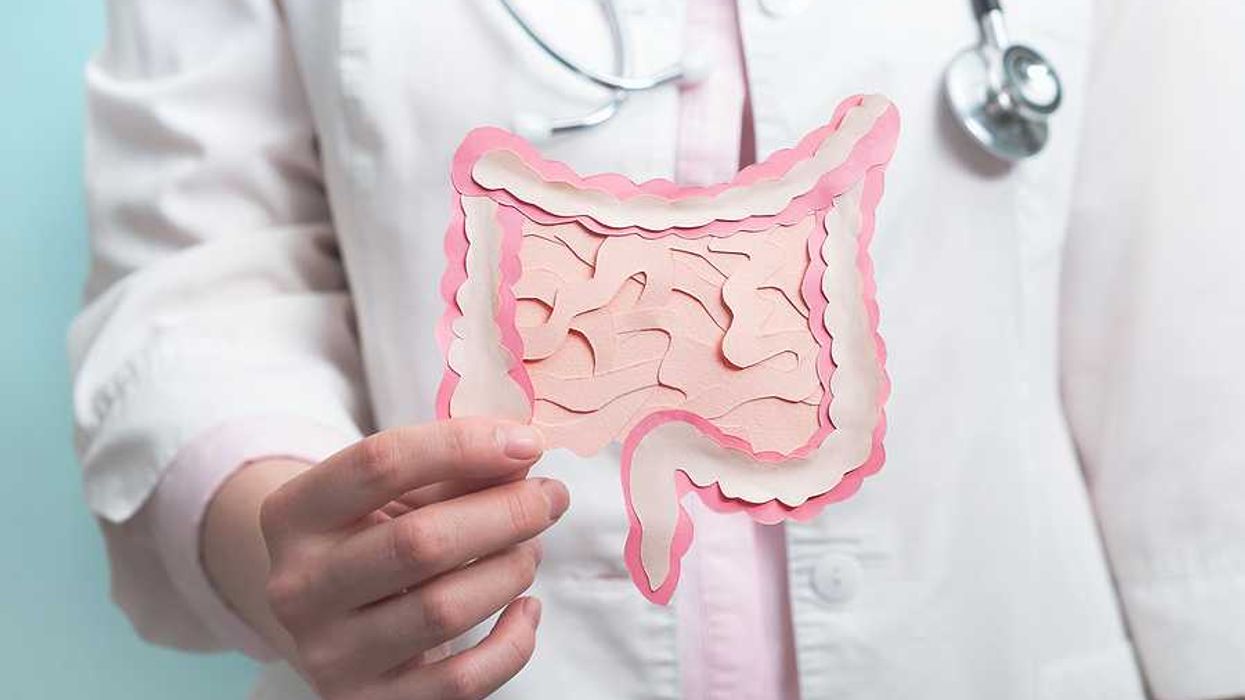Researchers at the University of Michigan have discovered a correlation between air pollution exposure and exacerbated menopause symptoms.
Gina Jiménez reports for Inside Climate News.
In short:
- The study analyzed hormone levels in 1,365 middle-aged women and found significant declines in estrogen linked to exposure to nitrogen dioxide and PM2.5.
- This research is among the first to focus on the menopausal transition period, highlighting the unique hormonal changes women face.
- Past studies have indicated that air pollutants can cause ovarian inflammation and early ovarian follicle death in mice, suggesting similar effects in humans.
Key quote:
“Menopause is an important predictor of future chronic disease... The management of menopause is really important to the woman’s health later in life. If air pollution plays a role, we need to take care of that.”
— Sung Kyun Park, associate professor of epidemiology, University of Michigan
Why this matters:
Research suggests that exposure to pollutants such as particulate matter, nitrogen dioxide, and other harmful airborne chemicals might influence hormonal changes and oxidative stress, potentially intensifying menopause-related discomforts like hot flashes, sleep disturbances, and mood swings.
Menopause can significantly affect life quality. The exact mechanisms through which pollutants exacerbate these symptoms remain under investigation, but the data leans towards a synergy between declining estrogen levels during menopause and increased susceptibility to environmental pollutants.














